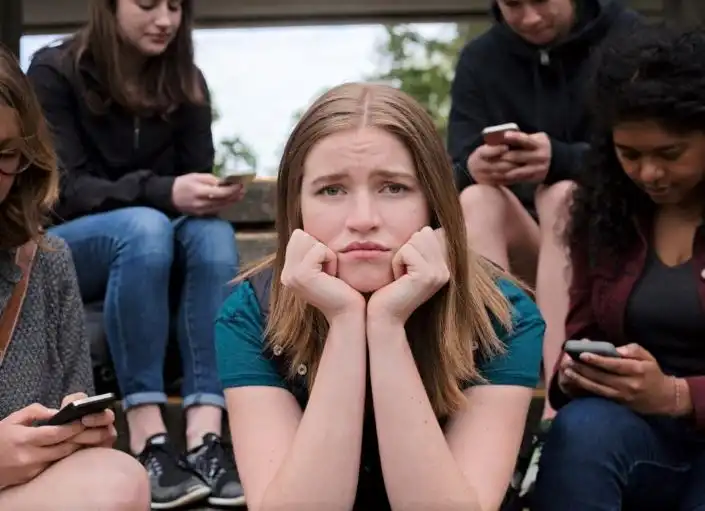Is Social media bad for our mental health?
Social media has become increasingly important in our daily lives. When something is shared on social media, it has a wide range of impacts on people’s lives and mental health. The only concern is that as social media usage grows, teenagers may become addicted to the internet. The significance of social media, as well as its drawbacks, cannot be overstated.
Related Posts
Table of Contents
What are the Negative Effects of Social Media
In the last decade, social media behaviour has rapidly grown due to changes in user behaviour. It is possible that there are more factors at play than the lockdown trends that were initially observed in 2022, with growth continuing. The rapid rise of social media has implications for young people’s mental health. There is a growing body of evidence linking social media use to mental health. The impact of these changes is still emerging, but new evidence paints a clear picture.
Social media addiction is a behavioural addiction.
In recent years, checking and scrolling through social media have grown in popularity and have the potential to be more addictive than alcohol and cigarettes. Some psychologists believe that up to 5% of people are overly concerned with social media and devoting so much time and effort to it that it impairs other areas of their lives.
Social media compulsively damage sleeping patterns.
Digital screens can interfere with sleep when we check social media, send emails, or read the news before bed. Social media provides endless stimulation to your brain and body, signalling them to stay active and engaged before you go to sleep. Checking social media before bed can be too tempting.
Social network users face a lack of self-esteem.
As image manipulations on photo-sharing platforms have taken hold, social media has been linked to low self-esteem and low self-image. Constant comparison with others can lead to feelings of self-consciousness and a desire for perfection, both of which can manifest as a social anxiety disorder. In addition to creating unhappiness and dissatisfaction in life, excessive social media use increases the risk of anxiety and depression.
Social media friends don’t mean you have a better social life.
Social media sites such as Facebook, Snapchat, and Instagram negatively affect users’ academic and real-life relationships. By being active on Social accounts, you’re not being social. Spending time with virtual friends is not as energizing as spending time with real ones. It is important to obtain genuine social support, as loneliness can lead to a number of physical and mental health issues (including premature death).
How Social Media Affects Our Mental Health
It is not surprising that social media receives so much negative press despite its widespread use. A common criticism is that social media might negatively affect our mental health. Social media still has a lot to learn about its implications on our lives. Overuse of social media can result in mental disorders, according to ample evidence.
Mood Modification: Engaging in social media can affect emotional states positively.
Salience: Preoccupation with social media, including the behavioural, cognitive, and emotional.
Tolerance: Use of social media on an ever-increasing scale over time.
Withdrawal Symptoms: Use of Social media causes unpleasant physical and emotional effects associated with social media restrictions or stops),
Conflict: Social media usage has been associated with conflict and reliability (as addicted individuals often revert back to their excessive use of social media after an abstinence period).
How to Use Social Media in a Healthy Way
It would help if you always remembered that your self-worth cannot be measured online and does not exist concerning others. A social media profile is a partial picture of someone’s life.
It is impossible to quantify experiences like self-worth and success. Make sure you are not influenced by social media posts, which usually show only the positives.
Despite the benefits and enjoyment of connecting with others on social media, we all need a break from time to time. Take regular screen-free intervals while socializing, eating, and sleeping.
You may fear missing out, and learning to cope with anxiety can help you fall asleep instead of checking your social media on impulse. In case you have trouble falling asleep due to FOMO, try relaxation exercises.
Keep yourself active, spend time outside, and speak with your friends and family to maintain good mental health. Take the time to make plans with people you will enjoy. Do the little things that bring you joy throughout the day and reach out to loved ones.
In Closing
As social media becomes more popular with young people as a means of communicating, we need to carefully analyze how it may impact our mental health. Consequently, you may find it difficult to cut back on your own. Social media can harm your health, but there is hope, and you are not alone. We’re all in this together, so establishing a positive relationship with our social selves and virtual neighbours is entirely possible. A therapist can also provide you with additional guidance and support in setting boundaries for being more mindful on social media.